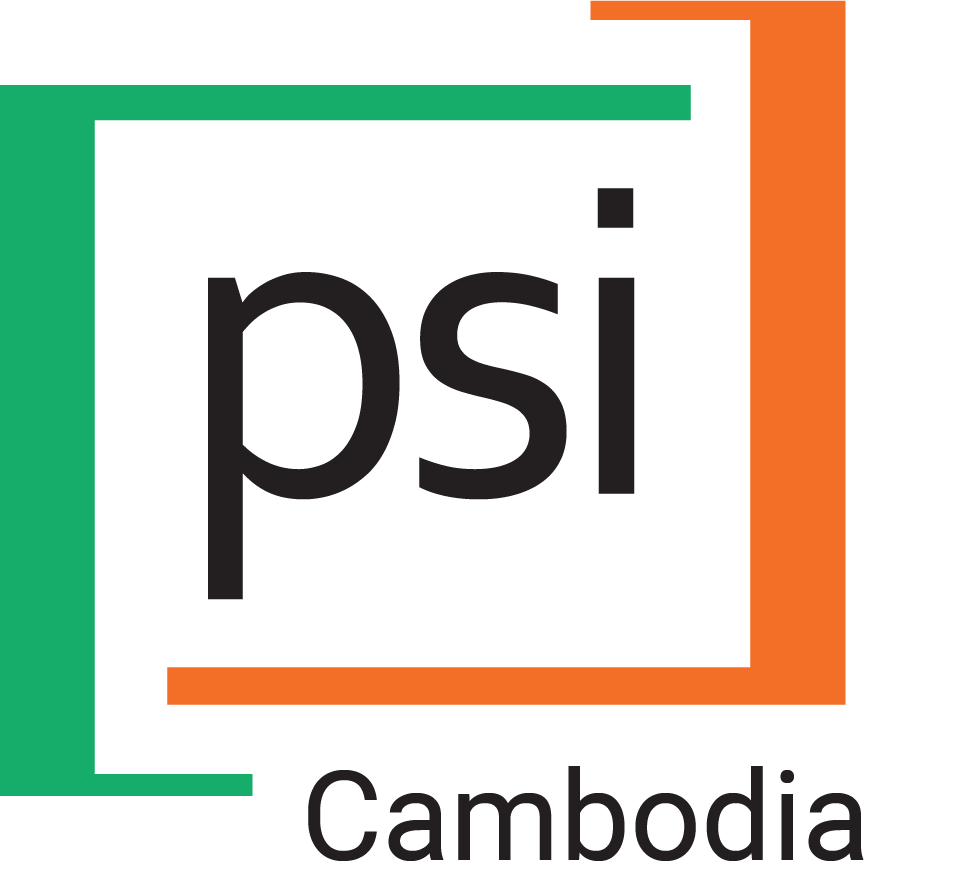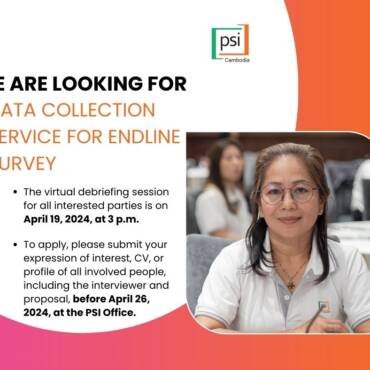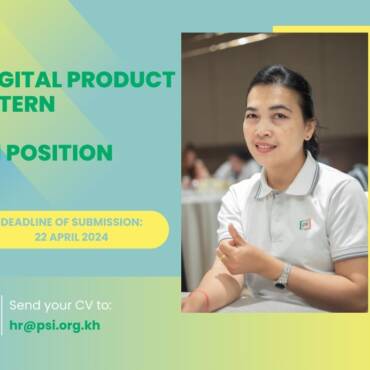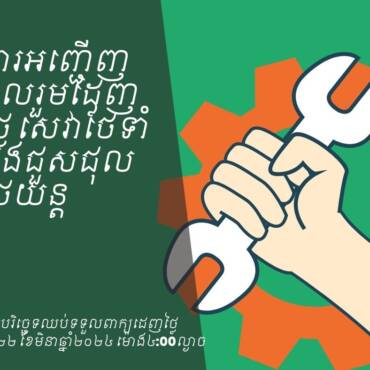Combating Myths and Connecting Women to Care
By Fiona Mills, Sexual and Reproductive Health Consultant PSI Cambodia, Kimsros Chhen, Social Behavior Change Communication Coordinator PSI Cambodia, Dr. Kheng Heng, Sexual and Reproductive Health Director PSI Cambodia, Shirine Mohagheghpour Senior Technical Advisor, Service Delivery
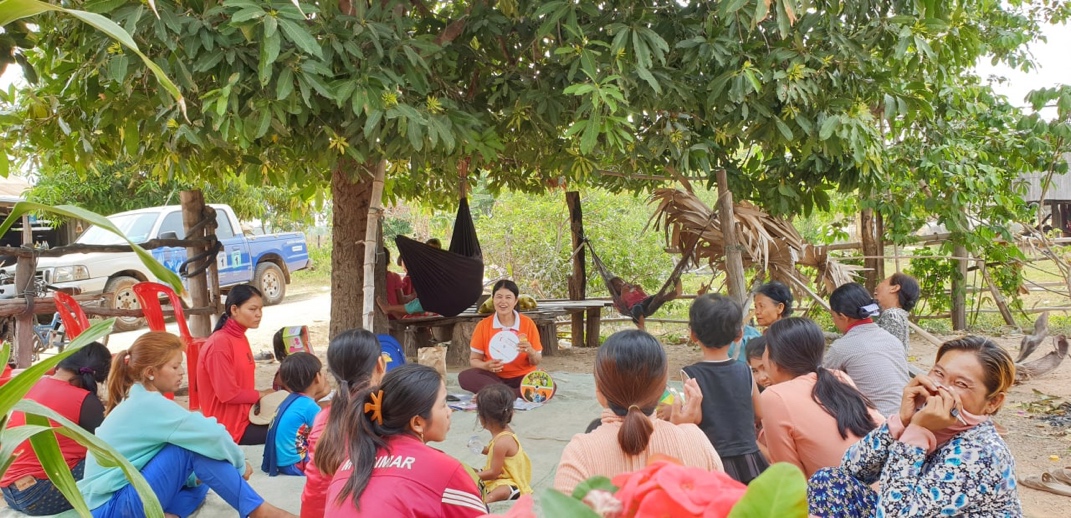
In Cambodia, myths and misconceptions about modern contraception are deeply entrenched. For example, belief that the intrauterine device (IUD) will cause long term infertility or “fall out” during hard labor is widespread and remains a major barrier to use. Fearing both real and perceived side effects, women like Ms. Thai often rely on traditional methods.
“I don’t want to have more children, but I am using the traditional method, withdrawal, because I am afraid to use the modern contraceptive method like IUD. I heard that women who inserted an IUD can have problems for a while.”- Ms. Thai
Interpersonal communication (IPC) is a vital strategy ensure women have access to the information they need to make informed decisions about their families and their futures. Through IPC, women are given the opportunity to learn about modern methods of family planning (FP) and ask questions about the methods best suited to their lifestyle and needs. PSI/C research found that women who were exposed to IPC interventions were more likely to believe that modern methods of FP are effective and easy.
Since 2008, the Women’s Health Project (WHP) in Cambodia has been at the forefront of the country’s efforts to expand access to modern methods of FP. In preparation for project phaseout in 2020, PSI/Cambodia (PSI/C) partnered with the Commune Committee for Women and Children (CCWC), to build capacity at the community level. As a well-known and trusted public sector community-based working group, CCWC Representatives are a critical resource within rural communities and are perfectly situated to continue IPC activities expanding access to modern methods of FP. This passing of the torch – from WHP to CCWC – is critical step towards project sustainability and ensures women will continue to have access to the information, products, and services they need for years to come.
Meet Ms. Chhoun
As the CCWC Representative for Talor Commune in Cambodia’s Pursat Province, Ms. Chhoun works on key issues affecting women and children, including FP, hygiene and sanitation, gender equality, trafficking, and gender-based violence.
Earlier this year, Ms. Chhoun was one of over 100 CCWC Representatives who received training from PSI/C on modern methods of FP. During the training, participants learned the benefits and side effects of each modern FP method and practiced using PSI/C’s IPC tools to facilitate informed choice counseling. In addition to technical knowledge and skills, participants also learned how to develop an annual workplan and how to integrate sexual and reproductive health programming into their annual financial plan.
After the training, Ms. Chhoun told the PSI/C team how excited she was to begin sharing what she learned with women in her community: “I know a lot and I can use my knowledge to educate people in my community. In particular, I will bring my knowledge from PSI/C and continue to reach women to make sure that women are aware of this knowledge and can use the services at health facilities nearby”.
In addition to meeting with women in her commune one-on-one or in small groups, Ms. Chhoun conducts monthly meetings in the commune hall to educate women about key sexual and reproductive health topics and ensure that they know what services are available at the nearest public health facility or Sun Quality Health Network (SQHN) Clinic. Depending on the month, Ms. Chhoun says she usually educates around 30-40 women of reproductive age.
Between January to November 2020, CCWC Representatives reached over 13,190 women of reproductive age across Cambodia and successfully referred 4,653 women to both public and private healthcare providers for FP services. Although the Women’s Health Project in Cambodia is coming to a close in 2020, with the knowledge and skills gained through the PSI/C training, CCWC Representatives like Ms. Chhoun will continue to play a key role in educating women about FP and connecting them with quality health care providers in their area.
“I feel confident to use the IPC tools [from PSI/C] to educate women in my community on family planning and safe abortion. If there are any questions I cannot respond to, I always refer them to meet with the provider at the Health Center or SQHN Clinic.”
To learn more about WHP in Cambodia, click here.
